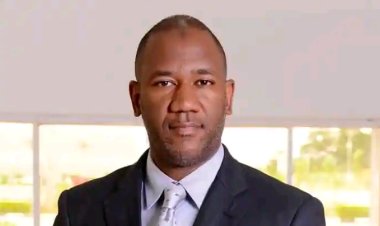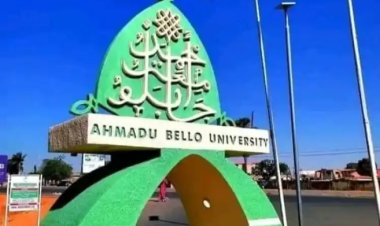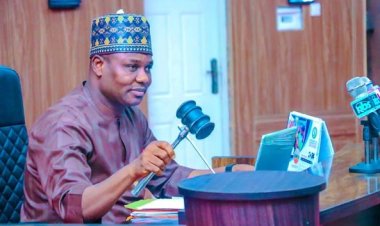NAAT Commences Three-Day Warning Strike Over Withheld Salaries
In a statement signed by NAAT President Ibeji Nwokoma, the union expressed disappointment over the exclusion of NAAT members from the salary payment despite assurances from government officials. Despite previous assurances from the government, including a promise of across-the-board payment made during a stakeholders' meeting, NAAT members remain unpaid.

The National Association of Academic Technologists (NAAT) has announced the commencement of a three-day warning strike starting Wednesday, March 20, 2024. This strike action is in response to the non-payment of four months' withheld salaries, as directed by President Bola Tinubu. The decision to embark on the strike was reached during an emergency virtual meeting of NAAT's National Executive Council.
President Tinubu had previously directed the payment of four months' salaries to university workers who participated in a prolonged strike in 2022, which was initiated due to unresolved concerns under the administration of former President Muhammadu Buhari. While members of the Academic Staff Union of Universities (ASUU) have received their withheld salaries, NAAT members are yet to be compensated.
READ ALSO:Tragic Shooting at Abia State University Claims Life of 400L Student in Cult Clash
In a statement signed by NAAT President Ibeji Nwokoma, the union expressed disappointment over the exclusion of NAAT members from the salary payment despite assurances from government officials. Despite previous assurances from the government, including a promise of across-the-board payment made during a stakeholders' meeting, NAAT members remain unpaid.
Nwokoma urged the Federal Government to fulfill its promises and warned of potential disruptions to academic activities in universities if the withheld salaries are not promptly paid. The warning strike is scheduled to be accompanied by a nationwide protest on the first day, highlighting NAAT's demand for salary payment parity.
This strike action underscores the ongoing challenges facing university workers in Nigeria and the urgency for the government to address their grievances to ensure the smooth functioning of academic institutions nationwide.





